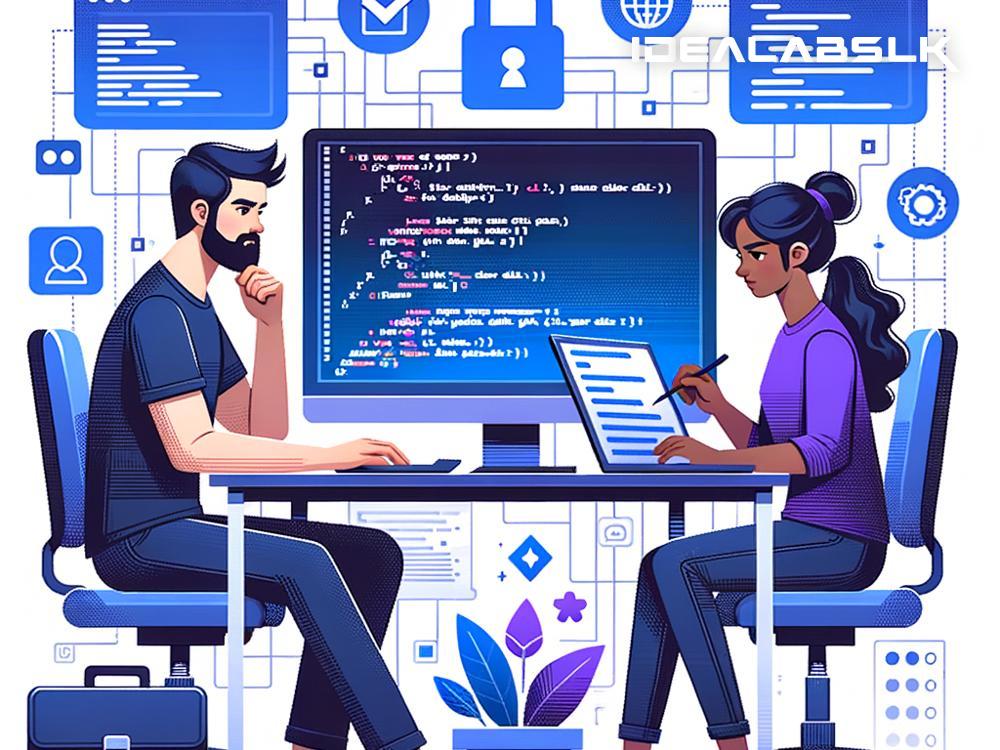Data Rights in User-Centric App Development
In today's digital age, when you download a new app, you're often asked to share personal information: your name, email address, maybe even your birthday or location. But have you ever stopped to think about what happens to that information? Or what rights you have concerning your data? As app developers continue to create user-centric applications, it's crucial to consider data rights and how they're integrated into the app development process.
What Are Data Rights?
Simply put, data rights refer to the legal rights and principles that protect individuals' personal information. These rights dictate how companies can collect, use, and store your data. They're designed to give you more control over your personal information, ensuring your privacy and security in the digital world.
Why Are Data Rights Important in App Development?
User-centric app development focuses on creating apps with the user's needs and experiences at the forefront. This approach not only makes apps more enjoyable and easier to use but also prioritizes users' privacy and security. By integrating data rights into the development process, developers can build trust with their users, comply with legal requirements, and contribute to a safer digital landscape.
Key Principles for Integrating Data Rights into App Development
-
Transparency: Apps should clearly communicate what data is being collected and for what purpose. This information should be easily accessible and understandable to users.
-
Consent: Users should have the option to give or withhold consent for their data to be collected and used. This consent should be informed and voluntary, meaning users should understand what they're agreeing to and have the freedom to decide.
-
Minimal Data Collection: Developers should only collect data that is necessary for the app's functionality. Collecting excessive data not only infringes on users' privacy but also increases the risk of data breaches.
-
Security: Protecting users' data with strong security measures is non-negotiable. Encrypting data, regularly updating security protocols, and promptly addressing vulnerabilities are some ways to safeguard data.
-
Data Access and Portability: Users should have the right to access their data and take it with them if they decide to stop using the app. This principle empowers users to maintain control over their information.
-
Data Erasure: Also known as the "right to be forgotten," this allows users to request the deletion of their personal data when it's no longer necessary for the app to function.
Practical Steps for Implementing Data Rights in App Development
-
Conduct a Data Audit: Before development starts, identify what data the app will collect, how it will be used, and how it will be protected. This audit will help to minimize unnecessary data collection.
-
Design with Privacy in Mind: Privacy should be a core component of the app's design, not an afterthought. Consider features like opt-in privacy settings or easy-to-use data management tools.
-
Develop Clear Privacy Policies: These policies should detail your app's data practices in simple, straightforward language. Users should not need a law degree to understand how their information is being handled.
-
Stay Informed About Legal Requirements: Data protection laws, like the EU's General Data Protection Regulation (GDPR) or the California Consumer Privacy Act (CCPA), set specific standards for data rights. It's crucial to stay updated on these regulations to ensure compliance.
-
Regularly Test and Update Security Measures: As cyber threats evolve, so should your app's security. Regular testing and updates will help protect against data breaches.
The Future of User-Centric App Development and Data Rights
As awareness and concern over data privacy grow, data rights will increasingly influence user-centric app development. Users are becoming more selective about the apps they download and use, prioritizing those that respect their privacy and data rights. For developers, this means that integrating strong data protections is not just a legal obligation but also a competitive advantage.
In conclusion, integrating data rights into user-centric app development is not just about complying with laws or avoiding fines. It's about respecting users, building trust, and creating a safer digital ecosystem for everyone. By prioritizing data rights, developers can lead the way in promoting privacy, security, and transparency in the digital age.

